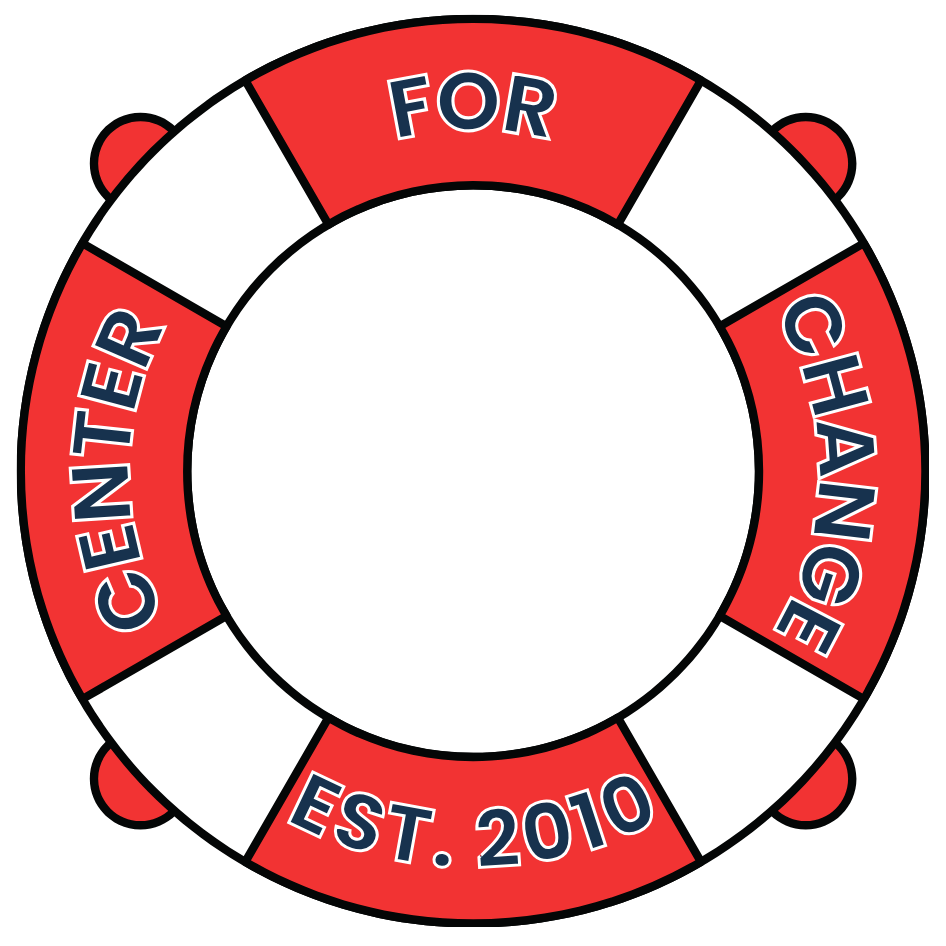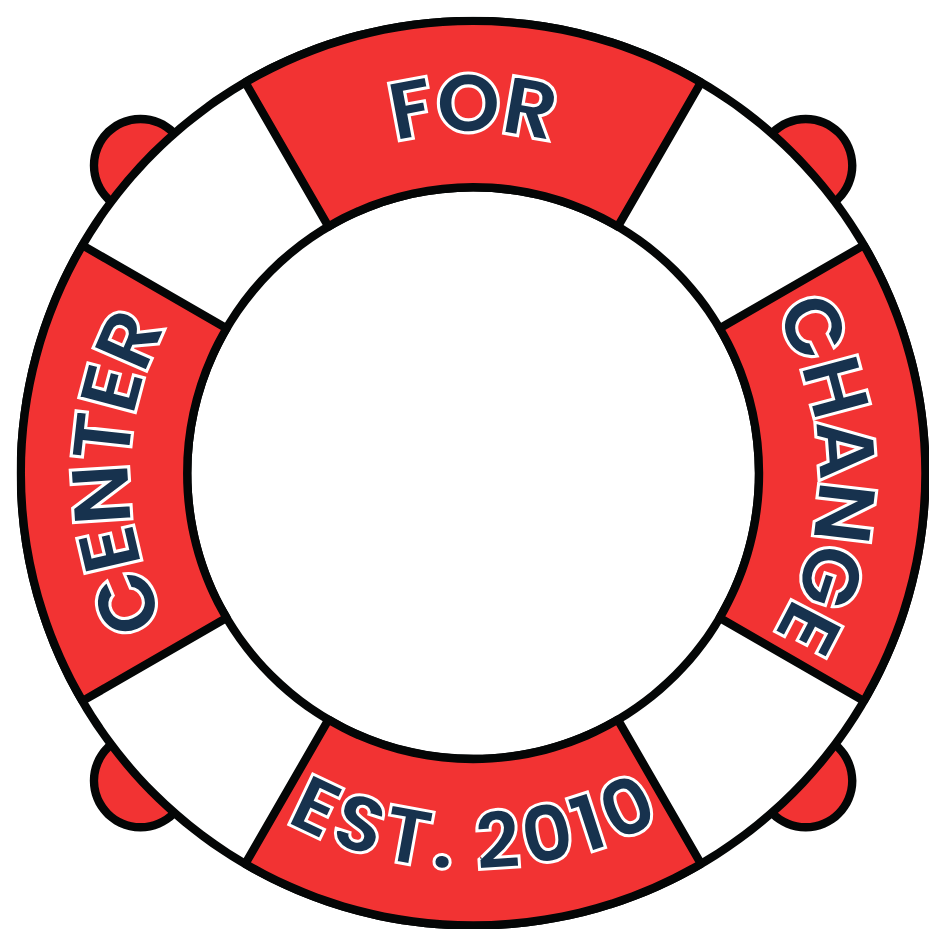Managing Relapse in Addiction Recovery
Strategies for Staying on Track
Relapse is a common part of the addiction recovery journey, but it can be effectively managed with the right strategies and support. At Center for Change in Wichita, KS, we provide clients with the tools and resources needed to prevent relapse and stay on track in their recovery. Our comprehensive approach includes counseling, support groups, and education to help individuals maintain their sobriety and build a healthier future.
Understanding Relapse: Relapse is the return to substance use after a period of abstinence. It is often viewed as a setback, but it is important to recognize that relapse is a common and natural part of the recovery process. Relapse does not mean failure; rather, it indicates that adjustments may be needed in the treatment plan. Understanding the stages of relapse—emotional, mental, and physical—can help individuals recognize early warning signs and take preventive action.
Strategies for Preventing Relapse:
Preventing relapse involves developing a comprehensive plan that addresses the physical, emotional, and psychological aspects of addiction. Here are some strategies to help manage and prevent relapse:
- Identify Triggers: Understanding and identifying triggers—situations, people, or emotions that lead to substance use—is crucial. Common triggers include stress, negative emotions, social situations, and certain environments. By recognizing these triggers, individuals can develop strategies to avoid or cope with them.
- Develop Healthy Coping Mechanisms: Healthy coping mechanisms are essential for managing stress and emotions without turning to substances. Techniques such as mindfulness, meditation, exercise, and hobbies can help individuals manage their emotions and reduce the risk of relapse.
- Create a Support Network: Having a strong support network is vital for maintaining sobriety. This network can include family, friends, support groups, and therapists. Regularly attending support group meetings and staying connected with supportive individuals can provide encouragement and accountability.
- Follow a Structured Routine: Establishing a structured daily routine helps create stability and reduces the risk of relapse. A routine that includes healthy activities, regular meals, and sufficient sleep can promote overall well-being and support recovery.
- Set Realistic Goals: Setting realistic and achievable goals helps individuals stay motivated and focused on their recovery. These goals can include personal, professional, and recovery-related milestones. Celebrating small successes along the way can boost confidence and reinforce positive behaviors.
- Stay Engaged in Treatment: Continuing to participate in counseling, therapy, and support groups is crucial for maintaining sobriety. Regularly attending treatment sessions and following the treatment plan helps address ongoing challenges and provides continuous support.
The Role of Counseling in Relapse Prevention: Counseling plays a vital role in preventing relapse by helping individuals develop and implement effective relapse prevention strategies. At Center for Change, our counselors work with clients to:
- Identify and Address Triggers: Counselors help clients identify their triggers and develop personalized strategies to cope with them.
- Develop Healthy Coping Skills: Through therapy, clients learn healthy ways to manage stress, emotions, and cravings.
- Create a Relapse Prevention Plan: Counselors assist clients in creating a detailed relapse prevention plan that includes coping strategies, support resources, and emergency contacts.
- Monitor Progress: Regular counseling sessions provide ongoing support and monitoring to ensure clients stay on track in their recovery.
Support Groups and Relapse Prevention: Support groups offer a community of individuals who understand the challenges of addiction and recovery. At Center for Change, our support groups provide:
- Peer Support: Connecting with others who are on a similar journey offers encouragement, understanding, and shared experiences.
- Accountability: Support groups provide a sense of accountability, helping individuals stay committed to their recovery goals.
- Ongoing Education: Support group meetings often include educational components that teach new strategies for managing triggers and preventing relapse.
Managing relapse is an essential aspect of addiction recovery. Center for Change offers the support and resources needed to help clients stay on track and achieve lasting sobriety. Our comprehensive approach includes counseling, support groups, and education to empower individuals with the tools and strategies needed to prevent relapse and build a healthier future.




